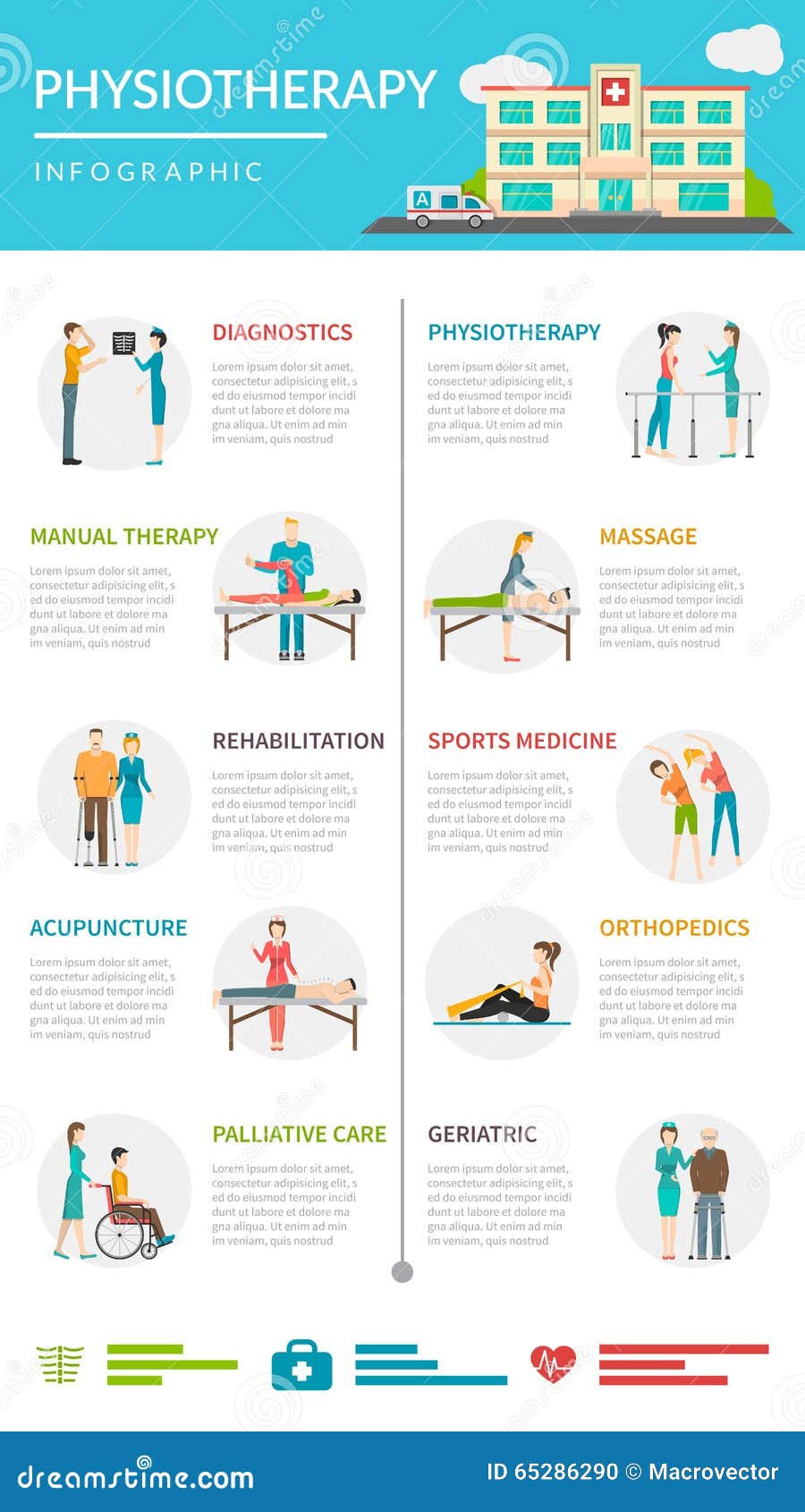Recognizing Nutrition'S Function In Pain In The Back Monitoring: Beneficial Foods And Foods To Avoid
Recognizing Nutrition'S Function In Pain In The Back Monitoring: Beneficial Foods And Foods To Avoid
Blog Article
Content Created By-Singer Lykke
When it comes to managing your back pain, the food choices you make can considerably influence exactly how you feel every day. Imagine having the ability to alleviate your pain just by readjusting what you eat. By recognizing the duty of nourishment in back pain administration and recognizing which foods to integrate or avoid, you can take proactive steps in the direction of a much healthier and more comfy way of living. https://www.news4jax.com/river-city-live/2021/10/12/non-surgical-knee-pain-treatment-castelli-chiropractic-center-river-city-live/ between nutrition and back health and wellness is extra extensive than you might realize-- let's check out how certain foods can either relieve or exacerbate your pain in the back.
Significance of Nutrition in Back Pain
Nutrition plays a critical function in taking care of pain in the back. Your diet plan can dramatically affect inflammation levels and overall pain degrees in your back. Taking in a well balanced diet regimen rich in nutrients like vitamins D and K, calcium, magnesium, and omega-3 fats can help reduce swelling and strengthen bones, which are vital for back health and wellness.
Additionally, preserving a healthy weight with correct nourishment can ease stress on your spine, decreasing the risk of neck and back pain.
Furthermore, particular nutrients like antioxidants discovered in vegetables and fruits can assist deal with oxidative stress and anxiety and promote healing in the body, including the back muscular tissues and spine.
On the other hand, consuming extreme amounts of refined foods, sugary drinks, and unhealthy fats can contribute to swelling and weight gain, exacerbating back pain.
Foods to Eat for Back Health
To support a healthy and balanced back, including nutrient-rich foods into your day-to-day meals is key. Including foods high in anti-oxidants like berries, spinach, and kale can help reduce swelling in your back, alleviating pain and pain. Omega-3 fatty acids found in fatty fish such as salmon and mackerel have anti-inflammatory properties that can profit your back health and wellness.
Additionally, taking in reasons for back pain and seeds like almonds, walnuts, and chia seeds supplies essential nutrients like magnesium and vitamin E, which support muscle function and lower oxidative stress and anxiety. Incorporating just click the next website as poultry, turkey, and tofu can help in muscle repair work and upkeep, advertising a solid back.
Don't neglect to consist of dairy products or fortified plant-based choices for calcium to sustain bone wellness. Finally, moisten with lots of water to keep your spinal discs moistened and operating efficiently. By consisting of these nutrient-dense foods in your diet plan, you can nourish your back and support total spine health.
Foods to Avoid for Back Pain
Choose avoiding refined foods high in added sugars and trans fats when looking for remedy for pain in the back. These kinds of foods can add to inflammation in the body, which might exacerbate pain in the back. Say no to sugary snacks like candy, pastries, and sweet drinks, in addition to fast food items like burgers, fries, and fried poultry that are frequently filled with trans fats.
Additionally, steer clear of foods having high degrees of polished carbohydrates, such as white bread, pasta, and pastries, as they can surge blood sugar levels and possibly intensify inflammation in the body.
It's likewise important to limit your intake of foods high in saturated fats, like red meat and full-fat dairy products, as they can add to swelling. Refined foods like delicatessens meats, chips, and packaged treats are often high in hydrogenated fats and need to be consumed in moderation.
Conclusion
In conclusion, paying attention to your diet plan and making clever food choices can have a considerable impact on handling pain in the back. By including nutrient-rich foods like berries, fatty fish, nuts, and lean proteins, and avoiding processed and sweet products, you can help reduce swelling and support in general back wellness. Bear in mind, what you eat plays a critical duty in just how you really feel, so make certain to prioritize your nourishment for a healthier back.
